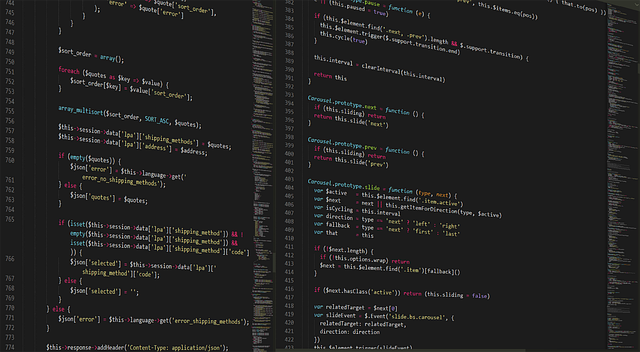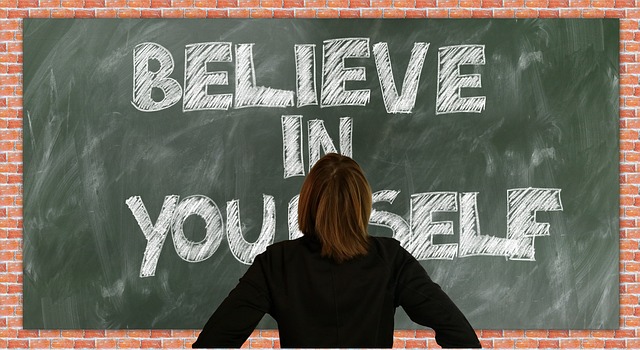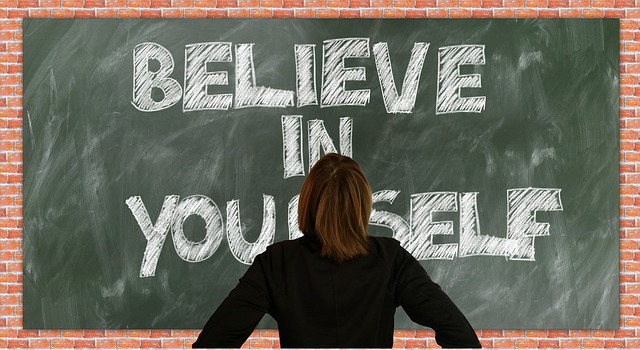Mastering Personal Effectiveness: A Guide to Personal Development
In a world that constantly demands more of us, the quest for personal effectiveness has become essential. Whether it’s in our careers, personal lives, or relationships, achieving our full potential requires a deep understanding of ourselves and the strategies that can propel us forward. This guide to personal development is not just about productivity; it’s about becoming the best version of ourselves.
Understanding Personal Effectiveness
At its core, personal effectiveness is about the ability to manage your time, energy, and resources efficiently. It encompasses a wide range of skills—goal setting, emotional intelligence, adaptability, and resilience. Embracing these skills allows us to navigate challenges with confidence and make the most of every opportunity that comes our way.
The Power of Self-Reflection
Before we can become effective in our personal and professional lives, we must first take a moment to reflect. What are our strengths and weaknesses? What drives us? Engaging in self-reflection helps us gain clarity on our motivations and aspirations. Consider keeping a journal where you can explore your thoughts and feelings, track your progress, and set future goals. This practice can reveal patterns in your behavior and pave the way for personal growth.
Setting SMART Goals
Goal setting is an integral part of personal effectiveness. To ensure that your goals are achievable, use the SMART criteria: Specific, Measurable, Achievable, Relevant, and Time-bound. For instance, instead of saying, “I want to get fit,” consider a more defined goal like, “I want to run a 5K in under 30 minutes within three months.” This structure not only provides clarity but also motivation as you track your progress.
Time Management Techniques
Mastering personal effectiveness often hinges on effective time management. Techniques like the Pomodoro Technique, where you work for 25 minutes and then take a 5-minute break, can boost focus and productivity. Additionally, prioritizing tasks using the Eisenhower Matrix helps determine what is urgent and important, enabling you to allocate your time wisely.
Building Emotional Intelligence
Emotional intelligence (EI) plays a crucial role in personal effectiveness. Understanding and controlling our emotions allows us to communicate better, resolve conflicts, and empathize with others. To improve your EI, practice active listening, mindfulness, and empathy. These skills enhance our relationships, making us more effective both personally and professionally.
Continuous Learning and Adaptability
The journey of personal development is ongoing. The most effective individuals commit to lifelong learning. Whether it’s through reading books, attending workshops, or seeking mentorship, continually acquiring new knowledge and skills is vital. Additionally, being adaptable in the face of change ensures that you remain effective even when circumstances shift.
Building a Supportive Network
Your environment and the people you surround yourself with significantly influence your personal effectiveness. Seek out mentors, peers, and coaches who inspire you and challenge you to grow. A supportive network can provide accountability, encouragement, and diverse perspectives, which are essential for personal development.
Practicing Self-Care
Finally, remember that personal effectiveness isn’t solely about working harder; it’s also about working smarter. To truly be effective, prioritize your physical and mental well-being. Regular exercise, a balanced diet, and sufficient rest can significantly impact your productivity levels and overall outlook on life. Incorporating mindfulness practices, such as meditation or yoga, can also help manage stress and promote a positive mindset.
By integrating these strategies into your daily life, you can embark on a transformative journey towards mastering personal effectiveness. Each step you take will not only enhance your ability to achieve your goals but will also contribute to a more fulfilling and balanced life.




